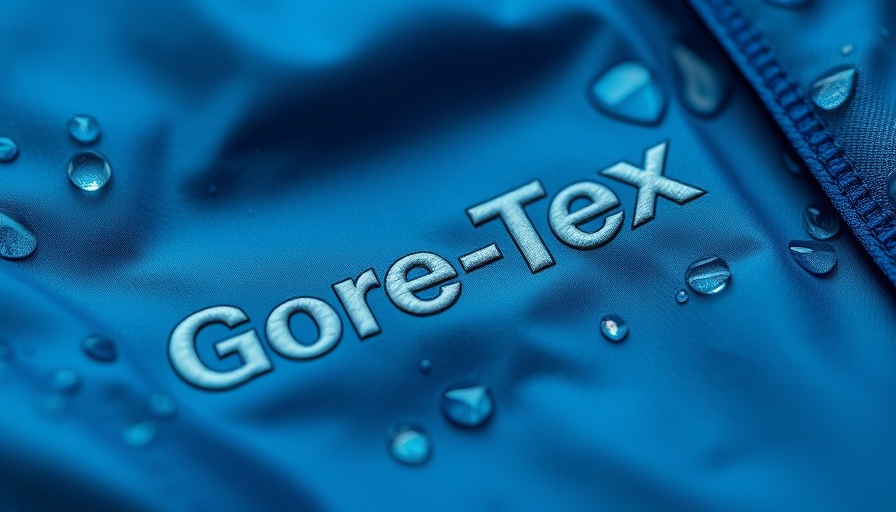
Maryland Takes Action Against Gore-Tex for PFAS Contamination
The State of Maryland is making headlines as it files a lawsuit against WL Gore and Associates, the makers of Gore-Tex clothing, for allegedly polluting the drinking water of nearby communities with toxic substances known as PFAS, or per- and polyfluoroalkyl substances. These so-called “forever chemicals” have been found in startlingly high concentrations, reportedly 700 times above federal safety limits, alarming both state officials and local residents.
The Root of the Problem: Understanding PFAS
PFAS are a class of synthetic chemicals used in a variety of consumer products to repel water and stains. They can persist indefinitely in the environment and human body, leading to serious health concerns including cancer, liver damage, and immune dysfunction. Maryland’s lawsuit centers around the claim that Gore has known about the risks associated with these chemicals since the 1980s yet continued to use them in production while failing to disclose the associated dangers.
Analyzing the Impact on the Community
Local residents depend on the agricultural and fishing resources in the Chesapeake Bay, making the pollution’s impact on the waterways a community-wide concern. Contaminated drinking water affects not just health but also the livelihoods of those in close proximity to the Gore facilities. A class-action lawsuit from approximately 4,000 individuals highlights the seriousness of health issues connected to PFAS exposure, underlining the urgent need for accountability.
Legal Battles Surrounding Environmental Accountability
The legal fight against Gore highlights growing tensions between corporate responsibility and environmental protection. Maryland’s Attorney General Philip Federico firmly asserts that the state possesses clear evidence linking the chemicals in local water to Gore, refuting the company’s claims of ignorance about the pollution. Legal precedents set by other environmental lawsuits indicate that governments and communities are becoming more empowered to hold corporations accountable for ecological damage.
Looking Ahead: The Future of PFAS Regulation
As awareness grows about the dangers of PFAS, regulatory bodies such as the United States Environmental Protection Agency are ramping up efforts to establish stricter safety limits for these chemicals in drinking water. The 2023 findings show that even trace amounts of PFOA pose a health risk, reinforcing the need for comprehensive action against contaminants. Maryland’s lawsuit may set a critical example for other states grappling with similar issues of water safety and corporate pollution.
How Can Communities Protect Themselves?
Education and advocacy are vital for communities looking to combat similar environmental challenges. Residents must be informed and engaged, encouraging others to hold corporations accountable for their environmental impact. Resources like community seminars, guidelines on understanding PFAS, and local environmental action groups can empower individuals to advocate for their health and the ecosystem.
 Add Row
Add Row  Add
Add 



 Add Row
Add Row  Add
Add 

Write A Comment